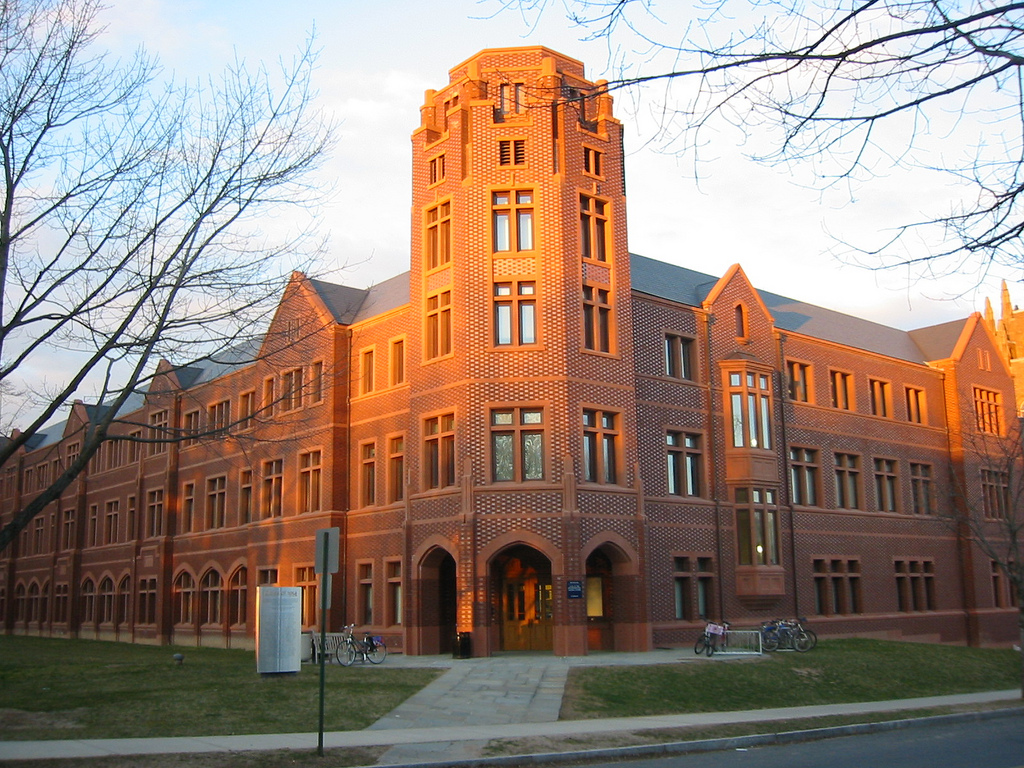
| Degree | Masters |
|---|---|
| Teaching Language | English |
| Course duration | Full Time - 2 years |
| Tuition Fees Amount | 1500 €/ Sem |
| Additional Information On Tuition Fees |
|
| Semester | |||
|---|---|---|---|
| Non-European | App. Start | Deadline | Description For Semesters Dates |
| Winter | - | 15 Mar | - |
| European | |||
| Winter | - | 15 Jul | - |
| Application Deadline | For admission into the AgEcon programme:
For DAAD scholarships:
|
|---|---|
| Website | Course Website |
| Scholarship | Yes |
| More Information On Beginning Of Studies | • Winter semester studies starts in October every year. • International students must plan their visa application accordingly. |
| Course duration | Full Time - 2 years |
|---|---|
| Language | English |
| Semester | |||
|---|---|---|---|
| Non-European | App. Start | Deadline | Description For Semesters Dates |
| Winter | - | 15 Mar | - |
| European | |||
| Winter | - | 15 Jul | - |
| Course Website | ||
|---|---|---|
| Description/content |
This research-based and methods-oriented program deals with the economic and agricultural policy relationships between the agricultural and food economy, the environment, and rural areas. In this English-language and international Master's program funded by the DAAD, economic growth, sustainability, and social justice are central topics, especially in an international and development-related context.
|
More Information On Beginning of Studies | • Winter semester studies starts in October every year. • International students must plan their visa application accordingly. |
| Other | More information about the individual modules can be found in the module catalog.
In addition, five elective modules can be chosen from the fields of agricultural development, international agricultural trade, world food economy, agricultural and food policy, methods of empirical economic and social research, etc. Lectures are supplemented by computer exercises, group discussions, seminar papers, and case studies, which are worked out and presented in groups or as individual papers. In the second year of study,
|
|
| Tuition fees | Varied |
|---|---|
| Tuition fees amount | 1500 €/ Sem |
| Additional information on fees |
|
| Semester contribution | • Universities in Baden-Württemberg require their students to pay a semester contribution towards the administration costs, for student services and for the Student Parliament. • Student services provide many benefits, such as discounted tickets for public transportation. • The semester contribution amounts to approx. 185 EUR per semester. |
| Costs of living | • Students spend around 750 € to 850 € per month on living costs. • The costs of rent, food, clothing, travel and cultural activities is slightly higher than the EU average. • The largest expense is rent. So costs will change where you choose to live. • You should try and get university Dom at earliest. |
| Scholarships | Yes |
| Academic admission requirements |
|
|---|---|
| Language requirements | IELTS (academic exam) with an overall band score of at least 6.5 TOEFL 577 Points in the paper-based test or 233 Points in the computer-based test or 90 Points in the internet-based test Cambridge EFL Certificate of Advanced English Cambridge Business English Certificate BEC Higher London Chamber of Commerce Level 3 TELC B2 (at least “good”) Trinity Certificate / ISE III UNIcert II (at least “good”) German university entrance qualification (HZB) if at least four semesters of English were taken in the higher level (Oberstufe) (average mark of at least 8 points, excluding a separate Abitur examination) Native language English Citizens of the following countries may simply upload their passport as a proof of their English proficiency: The United Kingdom of Great Britain and Northern Ireland, Republic of Ireland, Australia, Canada, New Zealand, United States of America, Antigua and Barbuda, Bahamas, Barbados, Dominica, Dominican Republic, Grenada, Jamaica, St. Kitts and Nevis, St. Lucia, St. Vincent and the Grenadines, Trinidad and Tobago, South American Belize or Guyana Proof of successful completion of a Bachelor’s or a Master’s degree programme taught in English in one of the countries listed above or in an EU member state |
| Document Required |
|
| Application deadline | For admission into the AgEcon programme:
For DAAD scholarships:
|
| Submit Application To | For online application, please Click Here. |
| Possibility of finding part-time employment |
|
|---|---|
| Accommodation | Yes |
| Accommodation Details | Please check with university after you get an admission. |
| Supervisor-Student Ratio | - |
| About University |
|
|---|---|
| Profile | - |
| Logo | - |